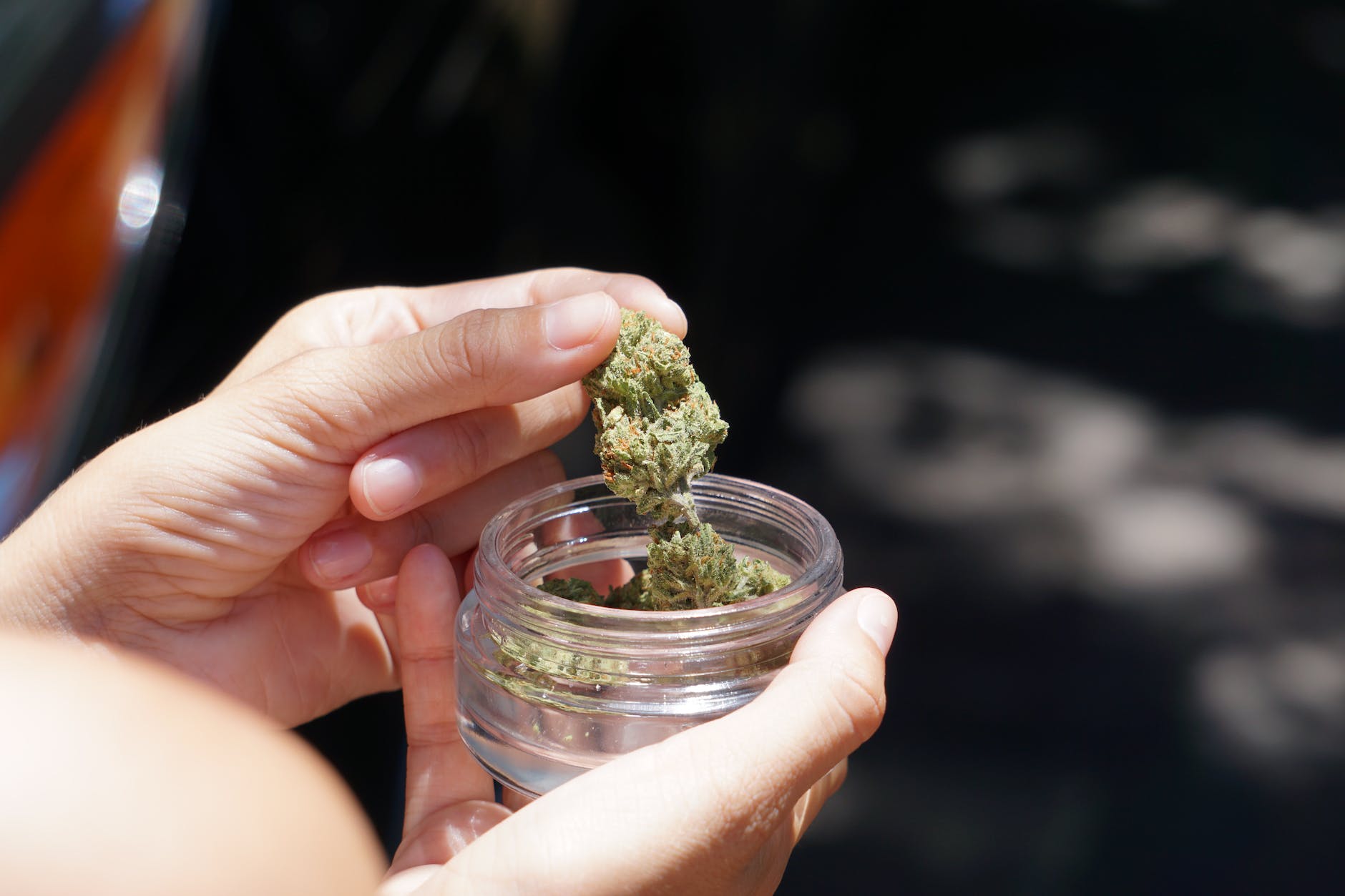Clearing The Haze: Understanding The Current CBD Laws And Regulations

CBD legality has become a topic of extensive discussion and scrutiny due to its widely-recognized potential benefits and precarious legal status in various jurisdictions. CBD, short for cannabidiol, is a compound found primarily in the hemp and cannabis plants. Understanding the existing laws and regulations surrounding CBD involves comprehending the distinctions between hemp and marijuana, their THC content, and the processes of CBD extraction.
As it stands, the legal status of CBD in the United States is complex due to contradicting state and federal laws. Federal regulation changed radically in 2018 with the introduction of the Farm Bill. The bill differentiated hemp, defined as any part of the cannabis sativa plant with a THC content of 0.3% or less, from marijuana which is cannabis with a THC content exceeding 0.3%. By distinguishing these two categories of cannabis, hemp was removed from the Controlled Substances Act list, making hemp and hemp-derived products, including CBD, federally legal. However, it is essential to note that the Controlled Substances Act still considers marijuana and its products illegal.
The legality of CBD also greatly depends on its extraction process. In simple terms, if CBD is derived from hemp, it is legal. However, if it is derived from marijuana, it falls under the cannabis laws of the respective state, which can range from complete legality for adult use to strict prohibition.
The rapidly evolving status of CBD laws allows for a continuously growing CBD market. The Grandview Research projects that the CBD market will reach $13.4 billion by 2028. The market’s expansion is permitted mainly by the legal distinction between CBD and marijuana, with the former being recognized for its potential health benefits without the psychoactive effects of high THC contents.
Despite this progress, complication arises when state laws are taken into consideration. Each state can set its own rules and restrictions regarding CBD. For instance, CBD can face legal issues when postulated as a dietary supplement or food product, certain states having prohibitions on adding CBD to food, beverages, or dietary supplements. The FDA, for instance, has strict guidelines for selling and marketing CBD as a food supplement, citing a lack of definitive research.
The legality of CBD is further muddled with issues related to its shipping, marketing, and sale, sometimes even within states where CBD and cannabis are entirely legal. Also, some states which have not legalized recreational or medicinal marijuana permit CBD products to be sold, especially if the THC content is zero or extremely low.
Keeping these considerations in mind, it is essential for consumers and potential CBD business owners to familiarize themselves with the state and local regulations besides the sweeping federal regulations. For precise information concerning variations of CBD legality in individual states, the National Conference of State Legislature’s guide is an excellent resource.
In conclusion, while the legality of CBD may seem like a gray area, it primarily rests on two variables: the source of CBD (if it’s derived from hemp or marijuana) and state-level regulations. Progress has been made with the distinction between CBD vs. marijuana at a federal level, taking into account the THC content and process of CBD extraction. However, an array of diverse and evolving state laws paints a complex legal landscape that interested parties should navigate with careful attention and informed diligence.
From a consumer standpoint, it is crucial to procure CBD products from reputable vendors who can guarantee lawful CBD extraction from hemp and reflecting the regulated THC content. As the CBD market continues to thrive, the demand for clearer and more universally applicable laws is anticipated to gain momentum. The continually shifting sands of cannabis and CBD regulations indicate that CBD legality will remain an evolving and captivating field.
CBD legality has become a topic of extensive discussion and scrutiny due to its widely-recognized potential benefits and precarious legal status in various jurisdictions. CBD, short for cannabidiol, is a compound found primarily in the hemp and cannabis plants. Understanding the existing laws and regulations surrounding CBD involves comprehending the distinctions between hemp and marijuana,…
Recent Posts
- The Emerging Frontiers: The Future of CBD Research and Development
- CBD and Sleep: Unraveling the Beneficial Effects of Cannabidiol on Insomnia
- Embracing the Renaissance: CBD in Skincare and the Latest Trends
- Exploring the Multifaceted Methods of Consuming CBD
- Exploring the Benefits and Safety of CBD for Pets
Recent Comments
Categories
- Alternative and Natural Health Remedies
- Alternative Health and Wellness
- Alternative Medicine and Pain Management
- Beauty and Skincare
- Beauty and Wellness
- CBD and Health
- CBD and Law
- CBD and Mental Health
- CBD Consumption
- CBD Education & Research
- CBD Laws Worldwide
- CBD Legalities and Regulations
- CBD Legality
- CBD Products
- Cooking and Wellness
- Fitness and Wellness
- Health and Beauty
- Health and Fitness
- Health and Fitness, CBD Use
- Health and Law
- Health and Science
- Health and Skincare
- Health and Sports
- Health and Wellness
- Health and Wellness, Skincare
- Healthcare and Wellness
- International Law
- Law and Cannabis Industry
- Law and Regulations
- Law, Health, and Regulations
- Legal
- Legal Regulations on CBD
- Legal Resources
- Legal/CBD Industry
- Legal/Fitness & Health
- Mental Health and Wellness
- Mental Health, Natural Remedies
- Natural Remedies
- Natural Remedies and Alternative Medicine
- Pet Care and CBD
- Pet Health and Wellness
- Pet Wellness/Animal Health
- Science and Health
- Science, Health and Wellness
- Skin Care and Wellness
- Skin Health & Wellness
- Skincare – Natural Remedies
- Skincare and Beauty
- Skincare and Wellness
- skincare, beauty, CBD, wellness
- Sleep Health and Wellness
- Uncategorized